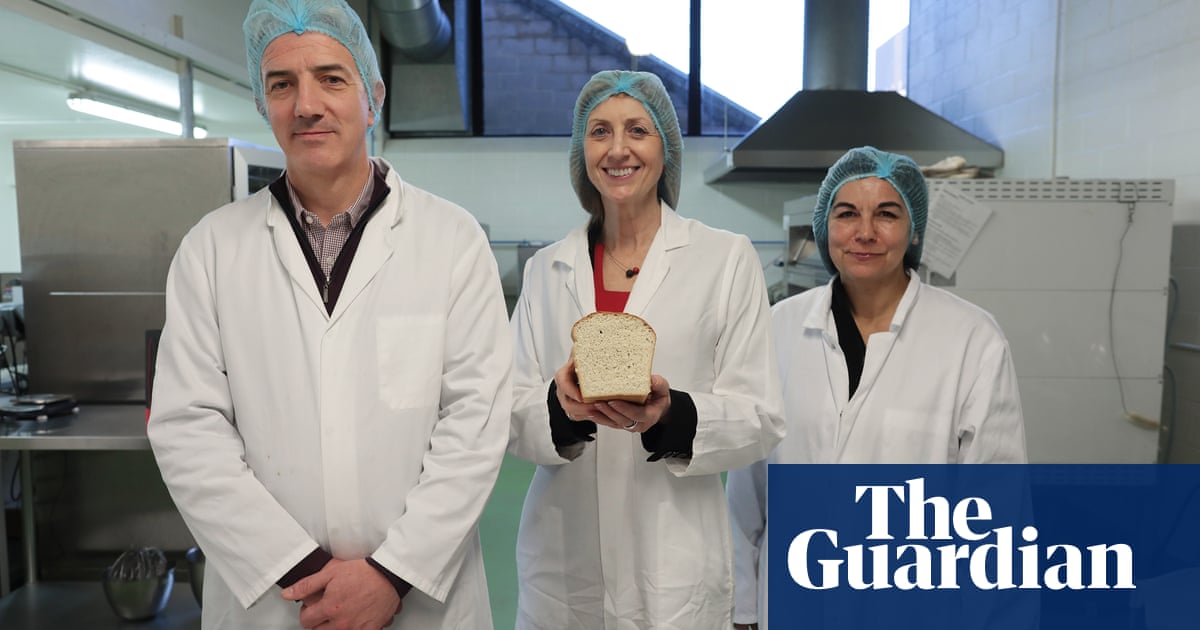
Adding the likes of peas, lentils, beans, and chickpeas to your diet, and farming more of them, could result in more nutritious and effective food production with large environmental benefits, scientists have found.
Researchers calculated a “nutritional density” unit for different types of crops. They found that swapping cereals for leguminous plants in European crop rotations provided more nutrient-rich produce for both animal and human consumption. Thanks to the way that legumes grow, it also reduced synthetic fertiliser use and pollution.
The research is among the first to provide a long-term, holistic look at the issue, and the results may help achieve some of the goals in the EU’s Farm to Fork plan, part of the bloc’s European Green Deal, which aims to reduce synthetic fertiliser use by 20% and greenhouse emissions by 50% before 2030.
“Healthy diet transitions can increase environmental sustainability,” said Dr David Styles, a lecturer in environmental engineering at the University of Limerick and the lead researcher on the study, published in the scientific journal Frontiers in Sustainable Food Systems.
Legumes are one of the most nutrient-rich crops on the market – they are abundant in protein, fibre, iron and potassium – and they are a healthier alternative to cereals and meat. The appetite for them is starting to grow: more than 40% of Brits are looking to reduce the amount of meat in their diet and 14% of the population consider themselves “flexitarians” (following a flexible vegetarian diet), according to 2019 YouGov statistics.
While traditional European crops such as oats, barley, wheat and rapeseed require synthetic fertilisers to obtain nitrogen – a critical nutrient for growth – leguminous plants produce their own nitrogen from the air. They also leave nitrogen behind in the soil, ready to be used by future crops.
Styles said: “Synthetic fertiliser nitrogen dominates the carbon footprint for the cultivation of crops. If we can reduce that by increasing legume production, we’re automatically going to massively reduce greenhouse gas emissions.”
According to the study, introducing legumes to traditional crop rotations in Scotland reduced the use of synthetic fertilisers by up to 50%. “That’s a massive reduction in fertiliser use,” said Styles.
“But these crops aren’t so prevalent in Europe,” he added. “They only cover about 1% of European outer land at the moment. Whereas in other countries, like Canada, it’s more than 20%.” Europe obtains most of its protein-rich crops by importing soya beans from South America – a system that drives deforestation.
The researchers compared 10 crop-rotation sequences on time spans of three to five years in various European climates, including Italy, Romania and Scotland. They calculated the amount of protein, fibre and energy produced when crops were rotated with legumes, compared with a normal yield.
Styles said: “We can really start comparing the overall efficiency of delivering specifically nutrition from the rotations – not just a kilogram of wheat or a kilogram of barley.”
The researchers found that swapping in grain legumes improved human nutrition at a lower environmental cost, helping to prevent climate change, acidification and the disruption of mineral levels.
“It is a kind of intervention, if you like, that could help deliver some of those objectives for the European Green Deal Farm to Fork,” said Styles. “And it kind of needs to be consumer led as well, because the farmers aren’t going to plant these crops if there’s no demand.”
Dr Don Smith, a crop ecophysiologist at McGill University in Canada, who was not involved in the paper, said: “This research attempts to integrate across a much wider range of levels than is generally the case, and it is able to achieve some very big-picture findings.
“This should provide some very useful guidance to the overall agri-food sector with regard to enhancing sustainability.”
Styles and his team want to conduct an even wider-ranging analysis across Europe.












